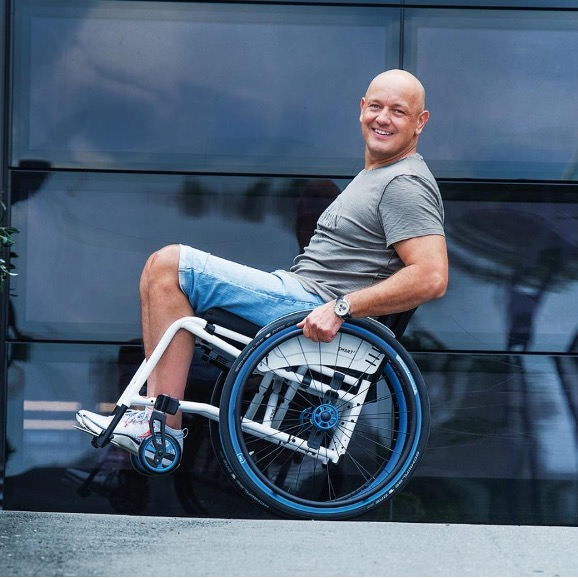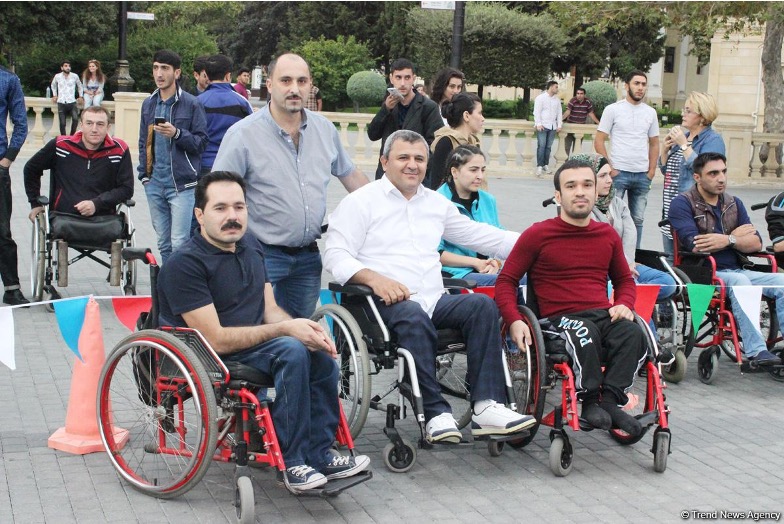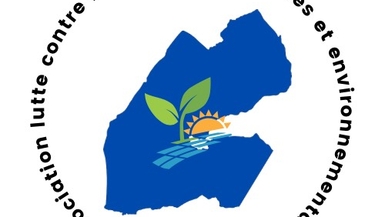Campaign Status
Ongoing Offline: The campaign is currently ongoing offline and, thus still in the process of collecting funds.
Summary
The campaign aims to establish a factory for the production of lightweight and compact active wheelchairs tailored to the individual needs of disabled people in Azerbaijan.
Challenge
After the collapse of the Soviet Union, countries in the Caucasus region continue to undergo a period of transition, significantly impacting their general population and socio-economic conditions. Despite ongoing social and economic reforms, these countries still require substantial aid and development efforts to achieve social justice and inclusion for marginalized populations.
Currently, there exists a strong correlation between disability and poverty, as indicated by data from the EU and WHO. Poverty contributes to an increase in disability, which, in turn, exacerbates poverty. In this context, disabled individuals in Georgia and other Caucasian countries heavily rely on state aid; however, they possess the potential to be valuable resources and contributors to the country's family income and market economy. Nevertheless, the lack of essential technical resources, particularly wheelchairs tailored to their individual needs and parameters, hinders their ability to do so.

Nearly 600 people aged 50 and above reside in Azerbaijan, with over 5000 of them relying on their cars. However, due to inadequate business infrastructure in Baku for car users and inefficient public transport, those who rely on their cars must be able to utilize them effectively. These individuals use their cars not out of choice, but out of necessity, often due to illness or injury affecting their mobility. However, relying on a car does not signify the end of life; rather, it represents a new phase, where life continues with its challenges and opportunities.
Solution
The factory employs five electric car users and non-manual workers in the production of electric cars, with an initial goal of producing ten electric cars. The purpose of establishing this production facility is to:
- Identify individuals, including women and children, in need of appropriate vehicles.
- Assess the individual suitability of automobiles.
- Distribute affordable cars to people living in conflict zones and remote areas.
- Provide training, basic skills, and access to adaptive equipment for operating automobiles.
- Replace and maintain vehicles in their locality under necessary conditions.
- Present sample vehicles to competent individuals within the community.

To address these goals, we have collaborated with the Georgian Coalition for Independent Living (GCIL), the World Innovation Institute (WID), and Whirlwind Wheelchair International (WWI) to tackle four main issues affecting Azerbaijani automobile users. This collaboration will offer free international expert training and technical assistance for:
- Manufacturing and maneuverable cars.
- Lack of driving skills training.
- High unemployment rates in rural areas.
- Removing architectural and social barriers for the full integration of people with limited mobility into society.



